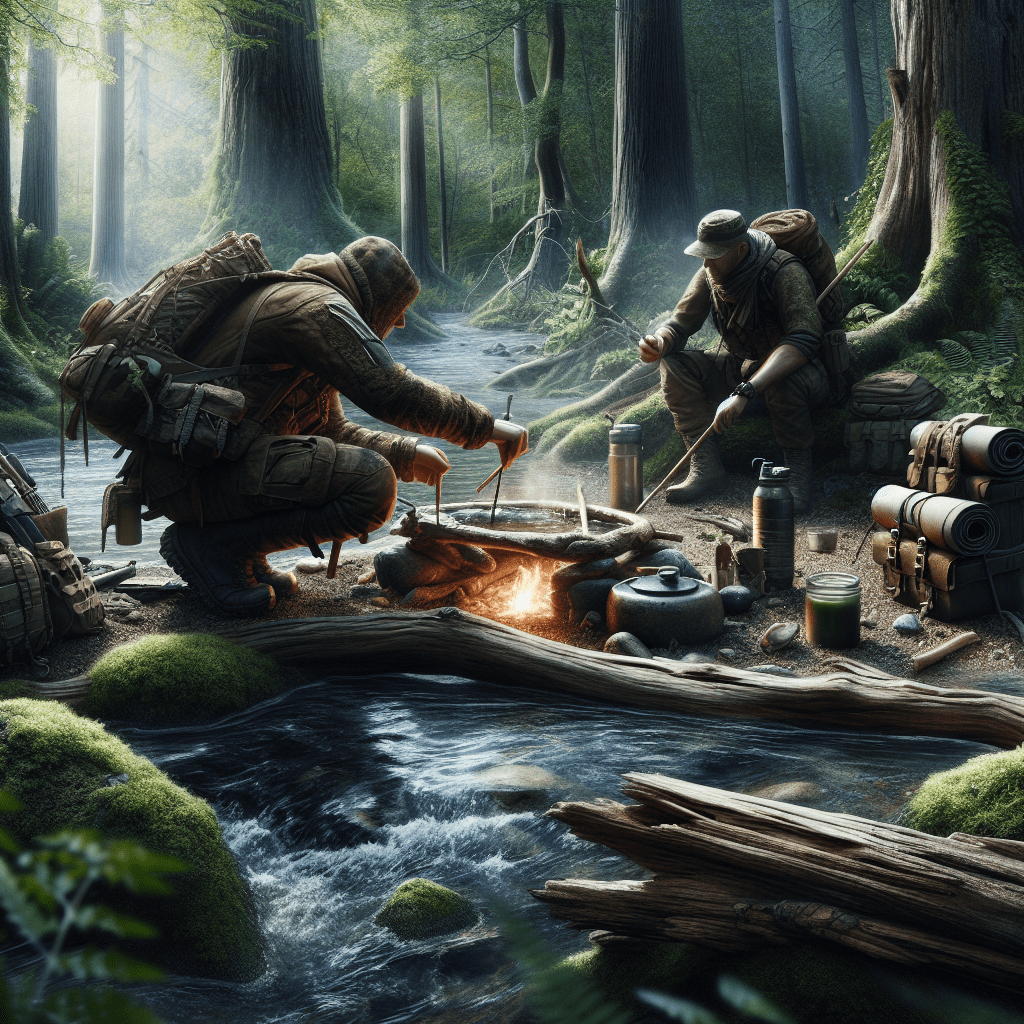Are you ready to embark on a backcountry camping adventure but unsure where to start? Backcountry camping offers a unique and exhilarating experience, allowing you to explore nature’s untouched beauty. However, it comes with its own set of challenges and risks. This guide will provide you with essential tips for wilderness survival, ensuring you have a safe and memorable backcountry camping trip.
Planning Your Backcountry Camping Trip
Choosing the Right Location
Selecting a suitable campsite is crucial for a successful backcountry camping experience. Research different locations, considering factors such as terrain, weather conditions, and accessibility. Popular choices include national parks and wilderness areas known for their scenic beauty and well-maintained trails.
Preparing Your Itinerary
Create a detailed itinerary outlining your daily plans, including hiking routes, camping spots, and estimated travel times. Share your itinerary with a trusted friend or family member and update them on any changes during your trip.
Essential Gear for Backcountry Camping

Shelter and Sleeping Gear
Your shelter is one of the most critical components of your camping gear. Choose a lightweight, durable tent suitable for the weather conditions you’ll encounter. Additionally, a high-quality sleeping bag and sleeping pad will ensure a good night’s rest.
Cooking Equipment
A portable stove, fuel, and lightweight cookware are essential for preparing meals in the backcountry. Don’t forget to pack biodegradable soap and a sponge for cleaning your utensils.
Navigation Tools
Maps, a compass, and a GPS device are vital for navigating unfamiliar terrain. Always have a backup plan in case your primary navigation tool fails.
First Aid Kit
A well-stocked first aid kit can be a lifesaver in emergency situations. Include bandages, antiseptics, pain relievers, and any personal medications you might need.
Food and Water Management
Packing Nutritious Food
Plan your meals carefully, opting for lightweight, high-calorie foods that provide sustained energy. Consider dehydrated meals, nuts, dried fruits, and energy bars.
Water Purification
Access to clean drinking water is essential. Carry a reliable water filter or purification tablets to treat water from natural sources.
Safety and Survival Skills

Fire Starting Techniques
Mastering the skill of starting a fire is crucial for warmth, cooking, and signaling for help. Carry waterproof matches, a lighter, and fire-starting materials like dry tinder.
Bear Safety
In bear country, take precautions to avoid encounters. Store food in bear-proof containers and hang them at least 100 feet from your campsite. Carry bear spray and know how to use it.
Navigation and Orienteering
Even with modern GPS devices, knowing how to read a map and use a compass is essential. Practice your orienteering skills before heading into the wilderness.
Leave No Trace Principles
Minimizing Your Impact
Follow the Leave No Trace principles to protect the environment. This includes packing out all trash, minimizing campfire impact, and respecting wildlife.
Sustainable Camping Practices
Use eco-friendly products, stay on designated trails, and camp at least 200 feet away from water sources to reduce your ecological footprint.
Health and Hygiene in the Wilderness
Personal Hygiene
Maintain personal hygiene by using biodegradable soap and hand sanitizer. Pack out all used hygiene products to keep the environment clean.
Dealing with Emergencies
Know basic first aid and wilderness survival skills. Familiarize yourself with symptoms of common outdoor ailments like hypothermia and heat exhaustion.
FAQ Section
Q1: What should I do if I get lost? A: Stay calm, use your map and compass or GPS to determine your location, and backtrack to a known point if possible. If you’re unable to find your way, stay put and signal for help.
Q2: How can I protect my food from wildlife? A: Use bear-proof containers or hang your food in a tree, at least 100 feet from your campsite. Store food and scented items in airtight bags.
Q3: What are the most important items in a first aid kit? A: Include bandages, antiseptics, pain relievers, tweezers, and any personal medications. A first aid manual can also be helpful.
Q4: How do I purify water in the backcountry? A: Use a water filter or purification tablets. Boiling water for at least one minute is also an effective method.
Q5: What steps should I take to avoid bear encounters? A: Make noise while hiking to alert bears of your presence, store food in bear-proof containers, and avoid cooking near your sleeping area. Carry bear spray and know how to use it.
External Resources
National Park Service: www.nps.gov
REI: www.rei.com
Leave No Trace: www.lnt.org
Conclusion
Backcountry camping can be a rewarding and life-changing experience if approached with the right preparation and knowledge. By following these essential tips for wilderness survival, you’ll be well-equipped to handle the challenges of the backcountry and enjoy a safe, memorable adventure.
Call-to-Action
Ready to start your backcountry camping adventure? Visit our Camping Gear Store for all the essentials you need to make your trip a success!
Meta Title
Backcountry Camping 101: Essential Tips for Wilderness Survival
Meta Description
Discover essential tips for backcountry camping and wilderness survival. Prepare for your adventure with our comprehensive guide. Stay safe and enjoy nature!
Tags
backcountry camping, wilderness survival, camping gear, camping tips, outdoor adventure, camping safety, eco-friendly camping, navigation skills, bear safety, leave no trace
URL Structure
example.com/backcountry-camping-101-essential-tips
Support us! Wilderness gear Pro may earn a small commission from affiliate links in this article. Learn More

